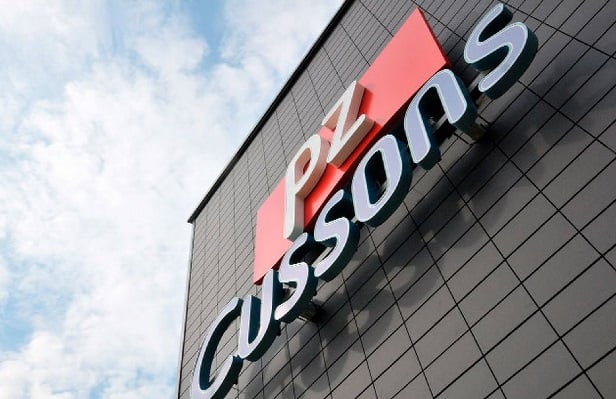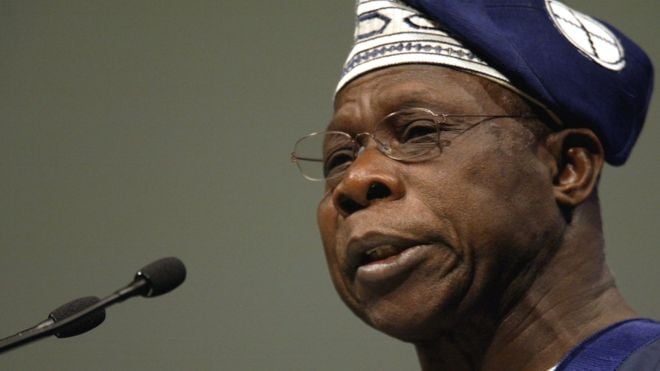PZ Cussons is not leaving Nigeria, as widely reported in the country — it is, however, limiting its business exposure in Nigeria, as a result of harsh business conditions in Africa’s largest economy.
TheCable reviewed PZ’s position as listed on the London Stock Exchange, and the impact of its Nigerian business on its corporate balance sheet across Europe, Asia, and Africa.
We found that the Nigerian market is currently being viewed as a drag on the company’s global positions as reflected in its half-year report published on the London exchange on Tuesday.
Caroline Silver, non-executive chair at PZ, said “the Group continues to make pleasing progress in Europe and Asia, with new product development and increased support across our key brands delivering positive momentum”.
Advertisement
“Disappointingly, however, the macroeconomic conditions in Nigeria remain extremely challenging and continue to have a significant negative impact on overall Group performance. Reflecting this, we now expect Group adjusted profit before tax for the year to be towards £70 million.”
PZ NOT LEAVING NIGERIA
Silver went on to explain that it was not leaving Nigeria, but just streamlining its business, and limiting exposure in Nigeria.
“Whilst these conditions prevail, we will maintain our strong market shares in key product categories in Nigeria until growth returns to the market,” Silver said
Advertisement
“In Personal Care and Beauty across Europe and Asia, identified as sources of growth for the Group, we will continue to prioritise higher investment levels behind carefully targeted key brand and market opportunities.
“Furthermore, the Board has approved specific strategic initiatives which will streamline our portfolio of activities and limit exposure to volatility in Nigeria, with more information to be provided in due course.”
REASONS FOR PZ’s DECISIONS
In the half-year report seen by TheCable, PZ stated some of the reasons why it is limiting its exposure in Nigeria. Some of the reasons include:
Extremely tough business environment
“The majority of the decline in both revenue and adjusted operating profit was driven by the extremely tough trading conditions in Nigeria,” PZ said.
Advertisement
Weaker Exchange rates
PZ also stated that the negative currency impact was “caused by both the move to use the NIFEX exchange rate rather than the CBN rate to translate Nigerian results from 1 June 2018 (as indicated in the Group’s full year results to 31 May 2018), as well as an underlying weakening of the Naira during the period”.
2019 elections
“In Nigeria, consumer disposable income has remained weak ahead of the general election which is scheduled for February 2019,” the company revealed.
“There are ongoing cost challenges due to significant disruption being faced in clearing goods at the port and a further 10% weakening of the Naira against the US Dollar in the period.”
Apapa Port
PZ added that a culmination of these factors have combined to deliver a materially lower first-half adjusted operating profit versus the comparative period.
Advertisement
It also highlighted challenges being face at the Apapa Port as one of the key challenges subduing its profit.
“The impact of the port disruption on adjusted profit before tax is estimated to be £5.5 million for the full year,” PZ said.
Advertisement
“Given the challenging macroeconomic backdrop, additional focus has been placed on optimising all areas of the Nigerian business including streamlining product portfolios, depot rationalisation and maximising the efficiency of the factories.”
Advertisement
Add a comment







